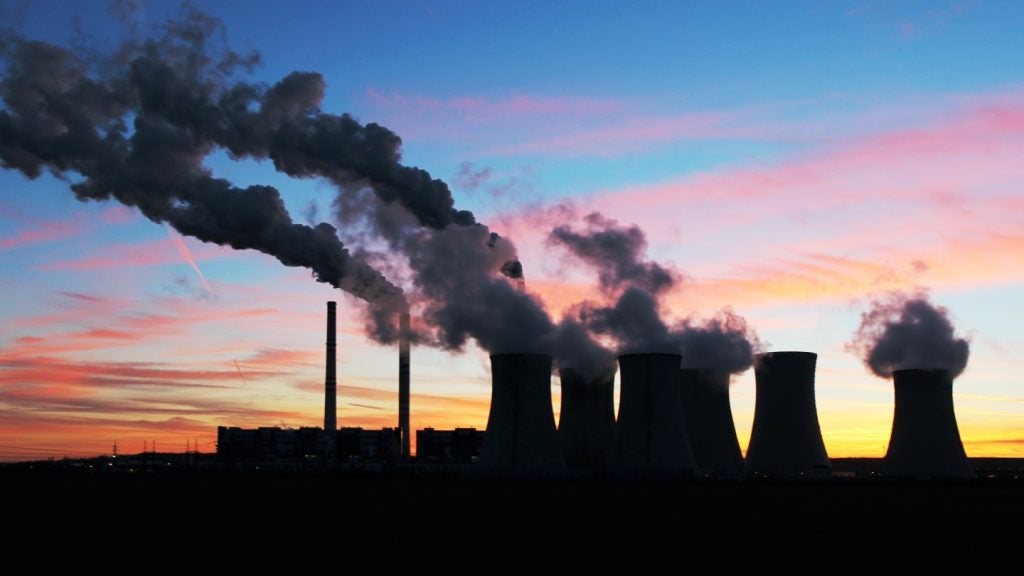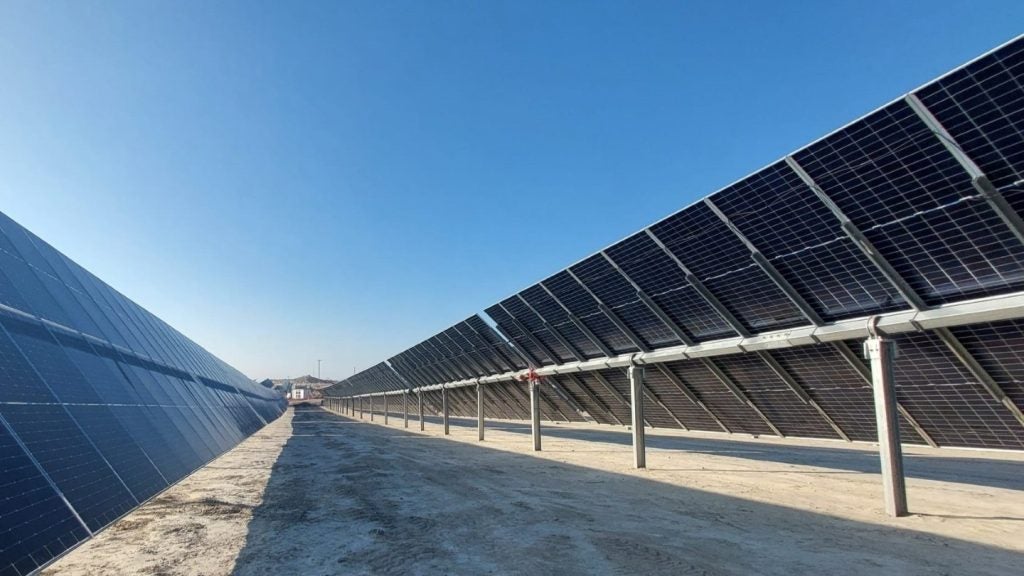According to Eurostat, the EU’s statistical office, the energy sector is the most “concentrated” industry in the EU. The newly released figures shed light on the concentration of economic activity, referring to the dominance of major corporations in key sectors, and reveals significant control by major corporations across electricity, gas and mining industries.
Eurostat's analysis provides valuable insight into the extent to which a small number of large companies control production within an industry or the entire economy. The data, covering the period from 2018 to 2021, indicates that the energy sector is the most concentrated, with one out of five jobs in that sector linked to one of the four largest energy multinationals operating in the EU.
The electricity, gas, steam and air conditioning supply sector ranked highest, recording 22.1% of employment concentrated in the four largest enterprise groups. The mining and quarrying sector came in second, with 13.7% of all employees affiliated with the four largest companies operating in the EU.
According to the dataset, Germany emerges as a key player; the country generated the highest value among all EU member states in the analysed sectors, contributing significantly to growth across industries. Germany is home to some of the biggest energy companies in Europe, including RWE and Uniper, as well as those most aligned to net-zero, such as E.ON.
While the concentration data remains new and experimental, Eurostat emphasises that its findings prompt a closer examination of corporate structures to ensure a resilient and dynamic economic landscape.
The data challenges preconceived notions about independence within certain industries, highlighting that companies, ostensibly operating independently, often function under the umbrella of large corporations with shared profit goals. This insight underscores the need for a nuanced understanding of corporate structures to avoid misunderstandings about the nature of competition and diversity within sectors.















